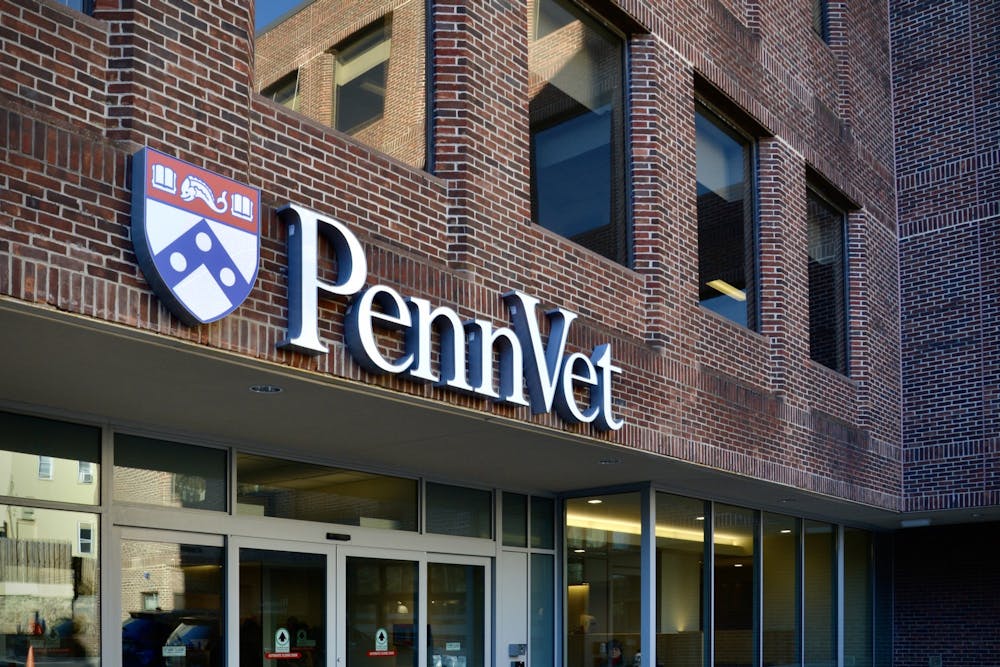
Penn Vet put out a media alert on July 1 calling attention to the death of 70 songbirds, which could not be attributed to any known illness. The deaths were labeled as an "emerging wildlife health event" and are being investigated by experts at the School of Veterinary Medicine.
Credit: Kylie CooperExperts at the School of Veterinary Medicine and Pennsylvania Game Commission officials are investigating a mysterious illness that is killing several species of songbirds in Pennsylvania and 10 other states.
On July 1, Penn Vet put out a media alert calling attention to the death of 70 songbirds which could not be attributed to any known illness. They had encouraged the public to submit reports of sick or dead birds with the same symptoms. By July 8, over 1,525 cases had been reported across Pennsylvania, according to the Centre Daily Times. The deaths were labeled as an “emerging wildlife health event” by Penn Vet News.
According to Penn Vet, songbird deaths have been reported in Philadelphia and other areas including Bucks, Montgomery, Chester, Cumberland, Dauphin, Franklin, Lancaster, Lebanon, Perry, Schuylkill, and York counties.
The symptoms of the unknown illness included “discharge and/or crusting around the eyes, eye lesions, and/or neurological signs such as falling over or head tremors,” Penn Vet wrote.
Initially, Penn Vet solely tracked the cases of sickness and death, but they are now focused on finding the underlying source of the illness, the Centre Daily Times reported.
“The investigation has now progressed and shifted to strictly lab diagnosis — running and refining a battery of tests to identify cause," Martin Hackett, the communications director for Penn Vet’s New Bolton Center, told the Centre Daily Times.
Experts and officials from Penn Vet’s Wildlife Futures Program, the Pennsylvania Animal Diagnostic Laboratory System, and the Pennsylvania Game Commission have created tests for “toxins, parasites, bacterial diseases, and viral infections” to try to identify the sickness causing the songbirds' deaths, but their findings remain “inconclusive," Penn Vet wrote.
Penn Vet outlined key protocols to mitigate the spread of the illness to greater numbers of birds and other wildlife. These measures include avoiding contact with dead, sick, or injured birds as well as not using bird feeders and birdbaths until the cause of the disease has been identified.
The Daily Pennsylvanian is an independent, student-run newspaper. Please consider making a donation to support the coverage that shapes the University. Your generosity ensures a future of strong journalism at Penn.
Donate







